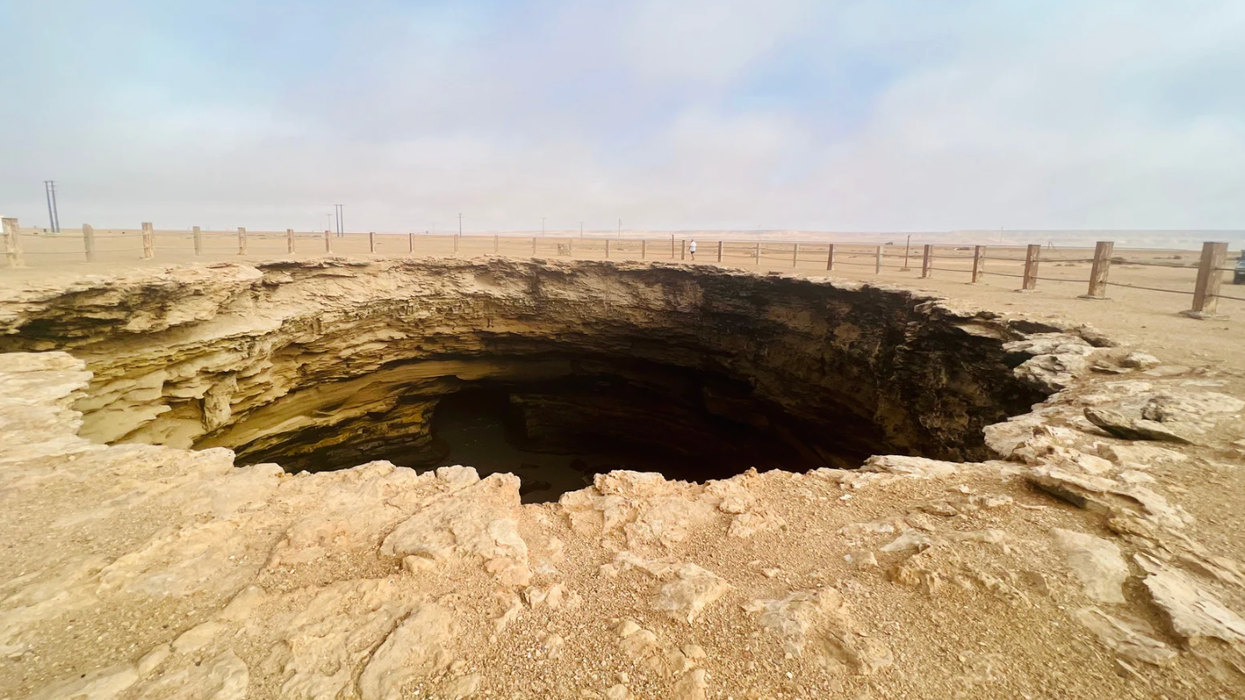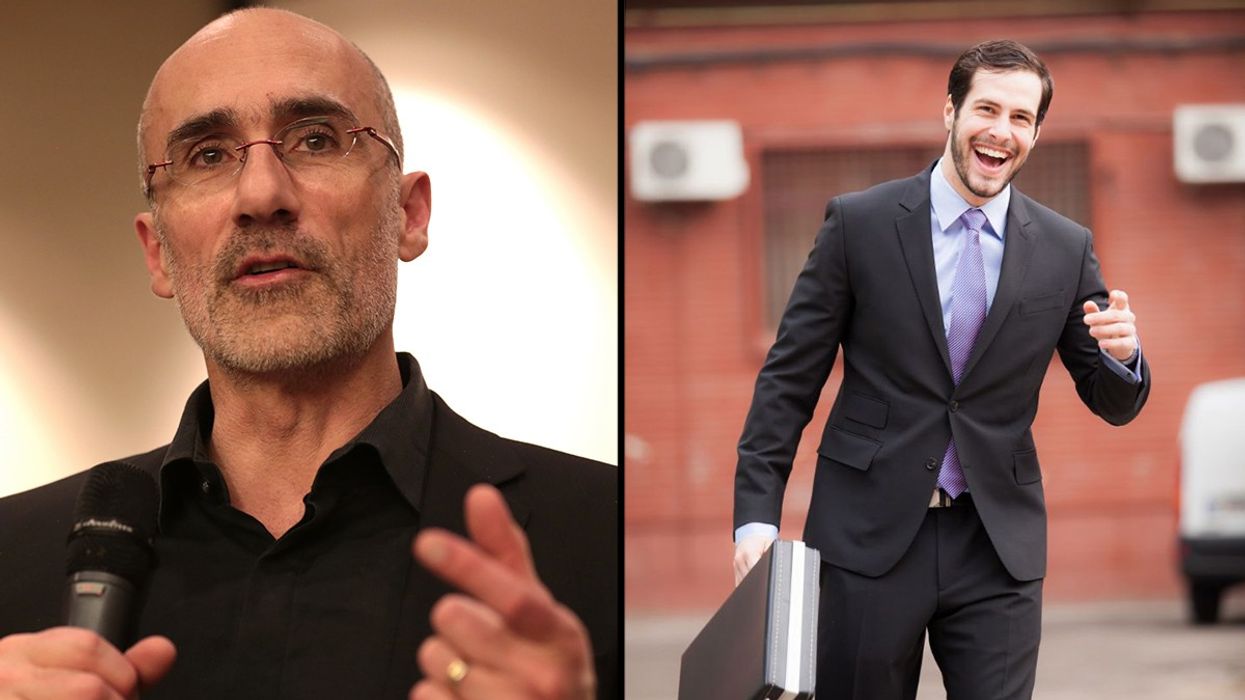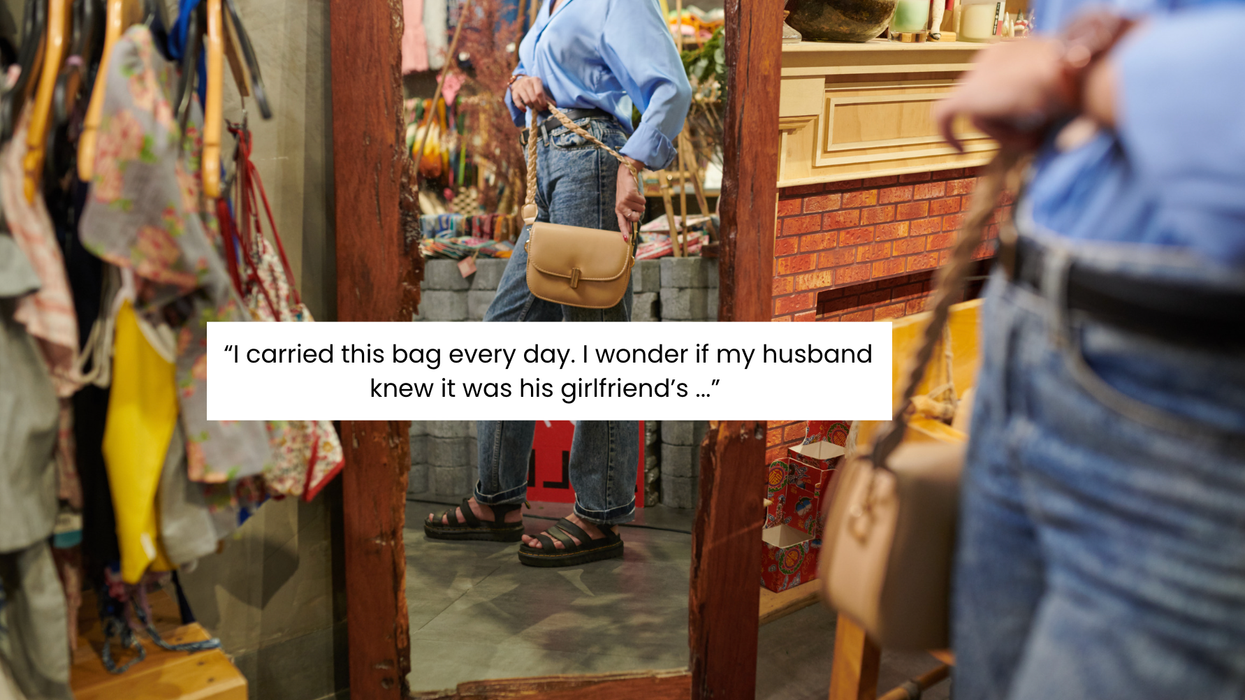The phrase “higher consciousness” was coined within the philosophical movement known as German idealism, to refer to the part of our being capable of transcending our base animal instincts. Most people, when they hear mention of higher consciousness, are quick to assume that this state is available only through mind-expanding drugs or spiritual practice.
This eloquent video simplifies this sometimes abstract or esoteric notion—and shows how higher consciousness is a very practical and neurological shift that all people can develop in time. In fact, doing so might just save our world.
Check it out:
Knowing that we’re capable of accessing this higher state, how can we incorporate it into our daily lives without floating away into the clouds? As the video advises, higher consciousness is almost like a pool into which the mind can dip and glean insight: The more you frequent this ever-expanding pool, the better equipped you’ll become to handle life on land. So go for a dip!



















 Two women shop at clothing storeCanva
Two women shop at clothing storeCanva

 "I'm watching you..."
"I'm watching you..."  Reddit |
Reddit | 
 A woman conducts a online color testCanva
A woman conducts a online color testCanva A selection of color swatchesCanva
A selection of color swatchesCanva A young boy takes a color examCanva
A young boy takes a color examCanva